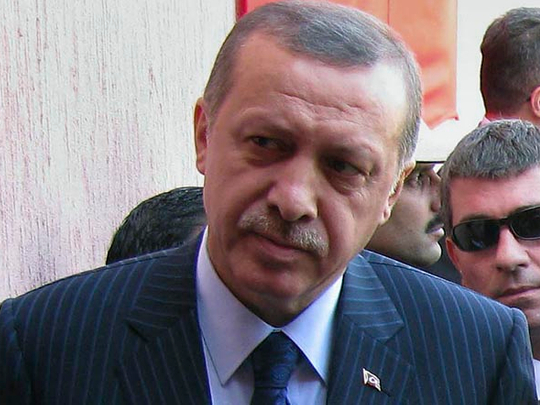
For the past few years, Turkey has been working hard at establishing itself as a key regional power. Unlike the previous staunchly secular administrations, the current government led by Prime Minister Recep Tayyip Erdogan, leader of the Islamist leaning AK Party, has mainly looked eastward and at the same time chilled the usually warm relations with Israel.
Since the Israeli war on Gaza early last year, Ankara has constantly criticised Israel and called for international action to lift the siege on the Palestinian territory, providing a much needed credible voice in support of the Palestinians since key Arab states seemed to have relinquished that role due to different, mainly internal, reasons.
By forging ‘strategic' relations with Syria, signing more than 75 cooperation agreements with Iran, waiving visa rules for most Arab citizens, and offering to mediate in a number of inter-Arab conflicts, the Turks made clear that the world, the Israelis in particular, took notice of their change of heart following their disappointment with European stalling of their application to join the EU.
Ankara's recent row with Israel, in which Tel Aviv had to apologise for the way its officials treated the Turkish ambassador, started when Erdogan reminded the world in a press conference with Lebanese counterpart Sa'ad Hariri that Israel failed to honour more than 100 UN resolutions with regard to the Palestinians. He called on the international community to hold Israel accountable for its continuous aggression against the Palestinian people and seriously work towards ending the occupation.
Israel, of course, reacted with the usual rhetoric about Turkish ‘anti-Semitism' and summoned the Turkish envoy to protest. The Turks didn't blink and got an apology from Israel, thereby giving others in the region a lesson in standing up for their rights and showed friends and foes alike that it is the new regional power to reckon with.








